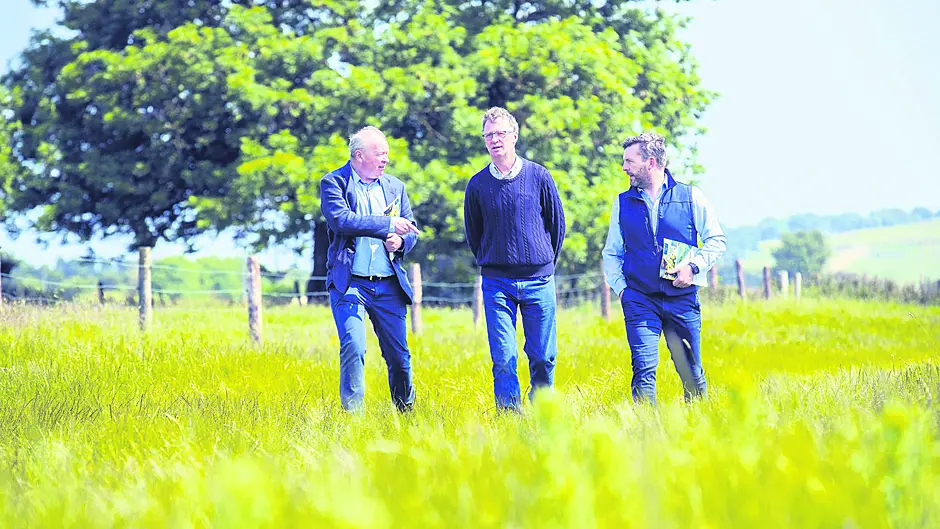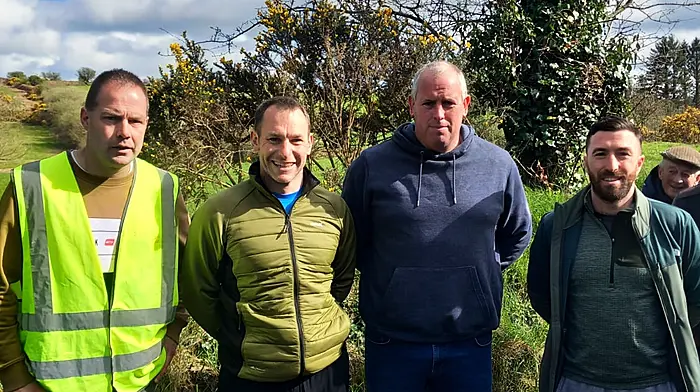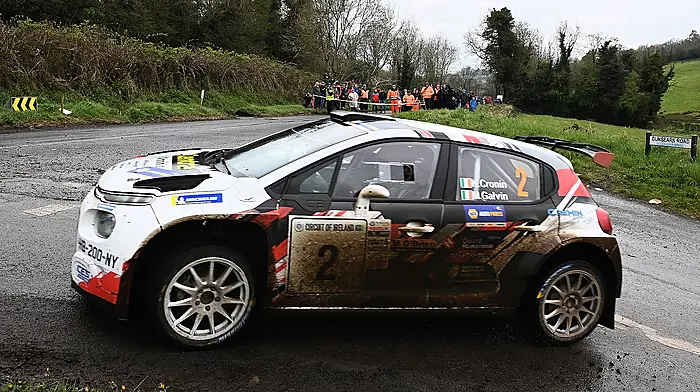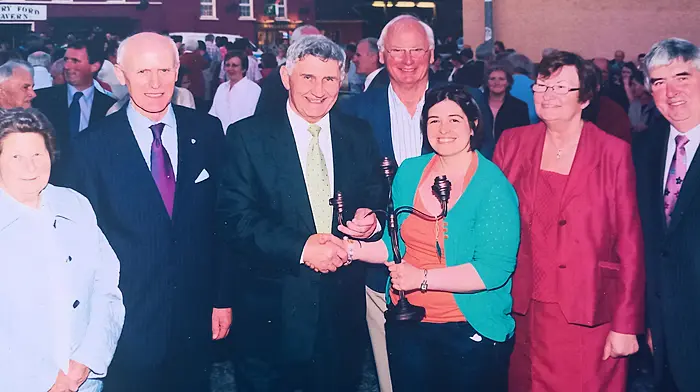THE Irish Farmers’ Association has backed calls for the formation of a specialist Garda unit to combat farm crime.
The calls come on the back of findings in a survey of farm-based crime by criminologists at Technical University Dublin (TUD).
The Irish Farm Crime Survey by Dr Nicola Hughes and Dr Matt Bowden, which was launched earlier this month, surveyed 1,333 farmers who have been victims of theft. Indeed 13% of all respondents were from Cork, the largest county to respond by area, with most respondents coming from the south-west of the country.
Just last week, the issue of farm theft was reported in The Southern Star. On June 13th, gardaí arrested a man as part of an ongoing investigation into multiple reported thefts of agricultural machinery and livestock in the Kerry and Cork West in late 2022 and early 2023, resulting in approximately €110,000 of farm machinery and livestock being stolen.
Separately, gardaí in Bantry are investigating the theft of a Limousin cow from a field in Caheragh. There were further reports of attempted cattle thefts this month.
Given this information, it’s clear that farm theft is a live concern for farmers in the West Cork area.
A total of 60% of respondents backed the formation of a dedicated unit to deal with farm thefts and rural crime. The IFA helped the study’s authors to find respondents, and they now believe a specialist Garda farm unit, and increased visibility, should now form key parts of the next stage in rural policing.
‘The TUD study is part of a larger international network (the research is part of a worldwide project studying aspects of rural crime in 18 participating countries). And the international experience shows that specialist units can aid both the reporting and investigation of rural and farm crime,’ said an IFA spokesman.
‘We also believe we need more visibility of gardaí. We don’t get hung up on stations being in the area, as such. It’s more about if people see Garda patrols around the place, they are more aware of it.’
The non-reporting of crime is higher among farmers than in the general population, according to the survey. Some 29% of study respondents who said they were victims of crime did not report it to the gardaí. The equivalent figure for the general population of non-reporting is 19%.
‘I think there sometimes may be a feeling of “well, what can I do about it now,”’ said the IFA spokesman. ‘But we would encourage people to report every crime.’
Indeed the importance of reporting crime was highlighted by the Garda investigation into the thefts of a tractor and slurry tanker in the south-west region, which were both recovered by gardaí.
And while 60% of farmers reported fearing becoming a victim of theft, just one third of all respondents have alarms on their properties.
Ultimately, farms can only be secured to a certain extent. ‘A farm, by its nature, is so open,’ said the IFA spokesman. ‘It’s impossible to close all entry points. Unfortunately crime and criminals don’t know boundaries.
‘Also, on many occasions these days, people are also working off-farm. If they have an off-farm job they could be working 50kms away. It might be only when they come home from the off-farm work that they discover they have been a victim of crime.’
For this reason, vigilance among friends, family, and neighbours can also play a part in reducing crime.
The next step, following publication of the report, is for follow-up action. ‘For the first time, we have hard data on this subject,’ said the IFA spokesman. ‘This isn’t hearsay. This is a good-sized sample of the farming population.’
Dr Matt Bowden, one of the study’s authors, said: ‘This survey was made possible with the active engagement of the farming community through a very positive collaboration with the IFA, and we hope that this is the start of a more solid knowledge base on issues related to rural crime and crime prevention in Ireland, giving a voice to the farmers experience of crime.’










